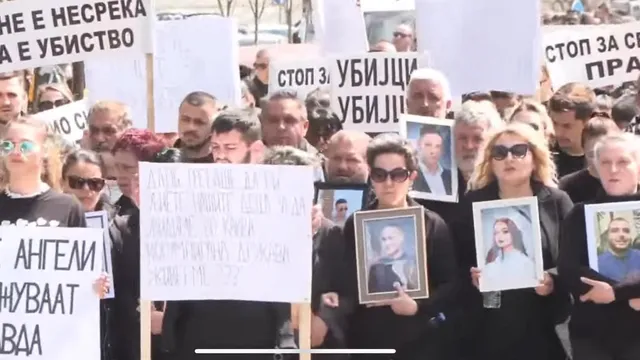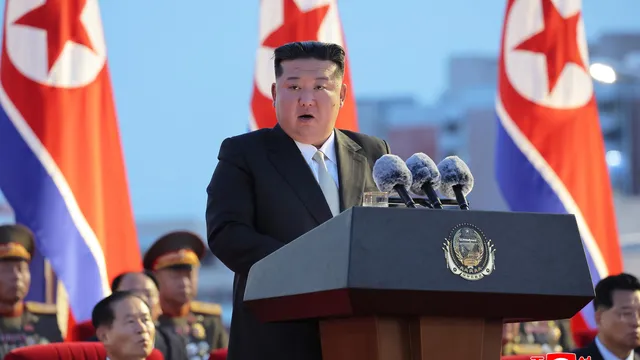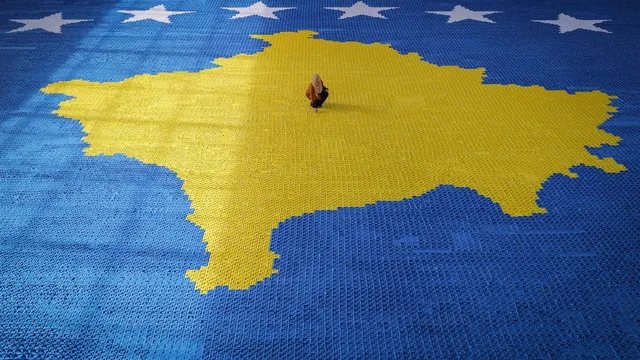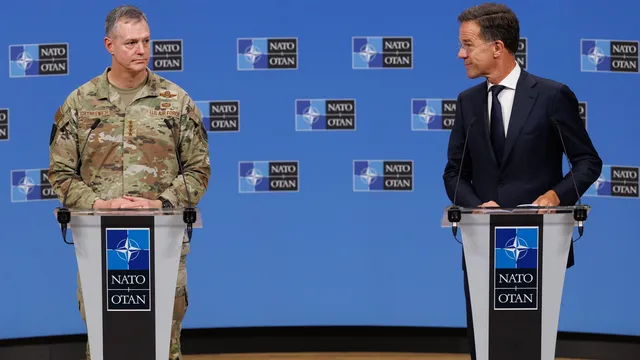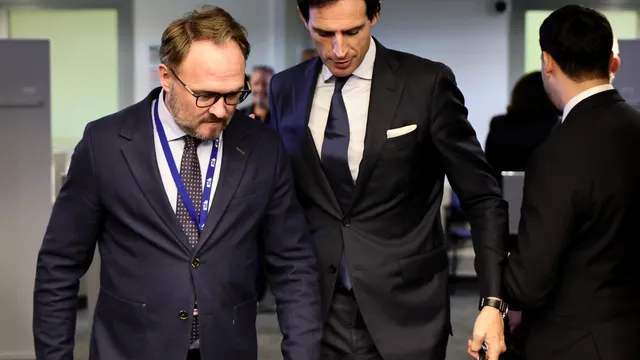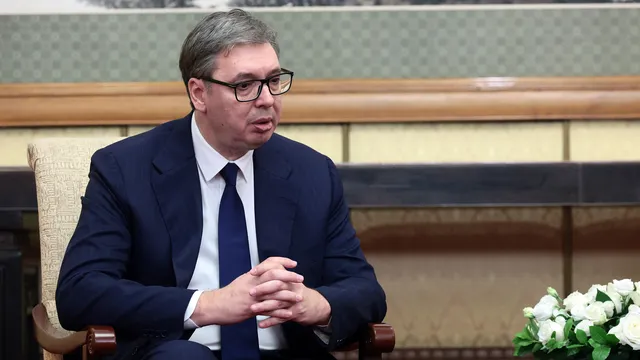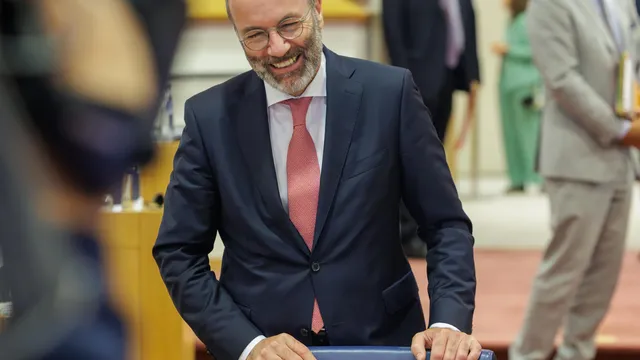The parents, who are still mourning their children, publicly described the meeting as "a trampling of the memories, pain, and human dignity" of their loved ones.
The meeting, which took place on Monday, July 7, at 5 p.m. in the government hall in Skopje, was held after weeks of silence from senior government officials.
According to the parents, their initial request, sent by mail on July 1 to Prime Minister Mickoski, President Gordana Siljanovska-Davkova, and Parliament Speaker Afrim Gashi, remained unanswered for days.
Only the prime minister's office responded, scheduling the meeting in the capital rather than in Kochani, where the tragedy occurred and where the victims are buried. Officials cited security concerns as the reason.
About 60 parents and family members attended the meeting, many of whom were seeing the prime minister for the first time.
Instead of receiving words of sympathy or compassion, the families say they were met with indifference. Micovski began with a casual "Hello, how are you?", a greeting that parents described as painfully inappropriate given the gravity of their loss.
The most disturbing moment came when the conversation turned to the families' request for one-time financial assistance from the state emergency fund.
According to the parents, Mickoski compared their proposal to that of the opposition party SDSM, adding:
"The only difference is that you haven't set a price. Set a price for your children."
"These words will echo forever in our hearts – like another death, the death of our dignity," the parents wrote in their public statement on Facebook.
The families expressed outrage that their official request, addressed to the prime minister, had been distributed to other officials and institutions without his knowledge.
According to government spokeswoman Maria Miteva, the letter was archived on July 3, forwarded on July 4, and handed over to Mitskoski himself on the day of the meeting.
The parents stressed that this treatment of their correspondence was unacceptable.
In their public statement, the parents insisted that their demands were not political but based on human dignity and the pursuit of justice.
They condemned what they considered to be ongoing manipulation and indifference on the part of the government.
"We are not here for party interests. We are not interested in politics.
Our only goal is justice," they said.
BGNES reminds that in the tragedy of March 16, 62 young people were killed and over 200 were injured. The families organize weekly silent demonstrations known as the "March of Angels."
Every Saturday, thousands of Kocani residents dress in black and silently march through the city, passing by the city park, the town hall, the police station, the court, and the prosecutor's office. Despite the scale and consistency of the protests, the mainstream media has largely ignored them.
On July 12, a memorial service was held at the Beli Mugri Cultural Center in honor of those who died. A day earlier, concerts planned for the town's holiday were canceled.
During the time originally scheduled for the music program, hundreds of relatives stood in front of the stage, holding portraits of the victims and lighting candles.
In the four months since the fire, no trial has begun, and parents claim that the suspects are still at large.
"The mass murder of 62 children happened. It really happened. And it will never be forgotten," they said.
Their message to Prime Minister Mickoski was clear: "If you think that the lives of our angels have a price, come and tell us how much a human life is worth. When you can put a price on it, then come and tell us the price of our children’s lives."
"Our children are heroes. With their lives, they left a mark on this country. And if you don't know how to restore justice, despite all the evidence presented, then step down. Your place belongs to someone who knows, who is capable, who has a conscience and courage. We are not afraid. Although we are under enormous stress and our hearts are broken, our minds and our struggle continue on. The difference between us and you is that you are afraid of the truth, and we are fighting for it. No one should pay for your incompetence, neither us nor our children," they concluded. | BGNES

 Breaking news
Breaking news
 Europe
Europe
 Bulgaria
Bulgaria
